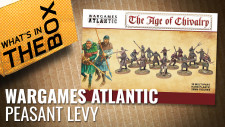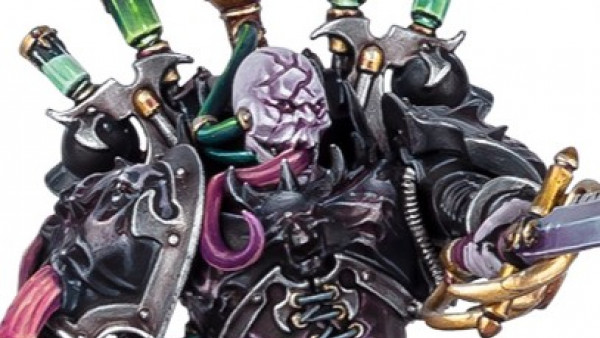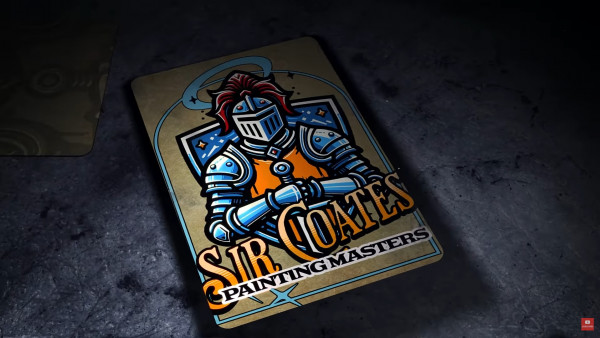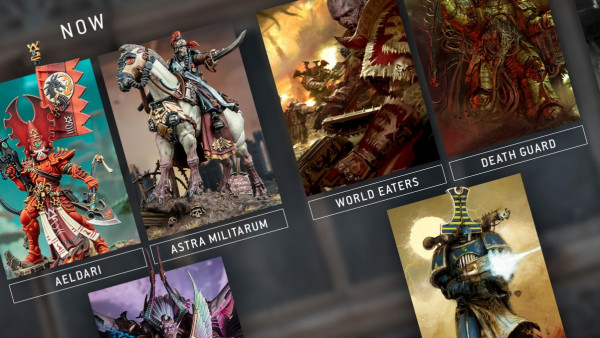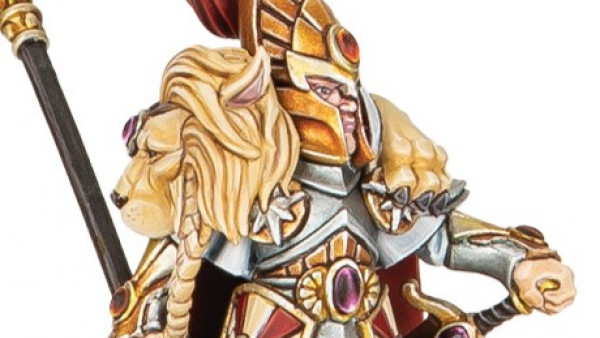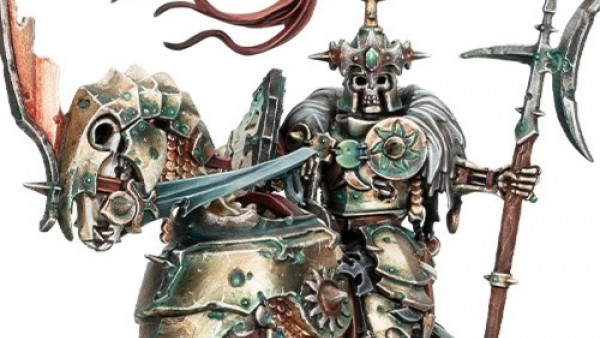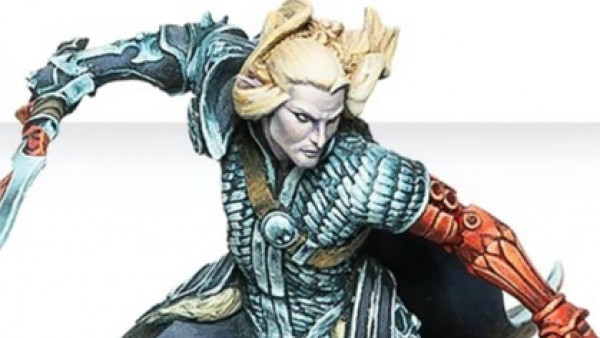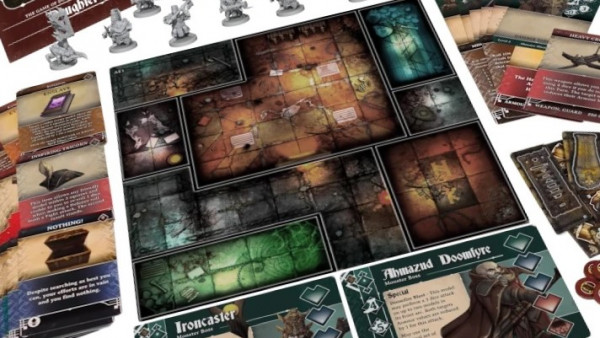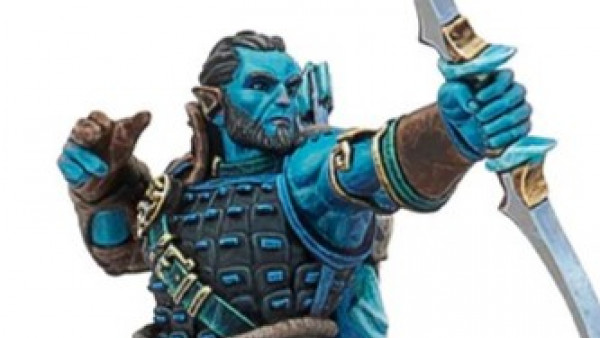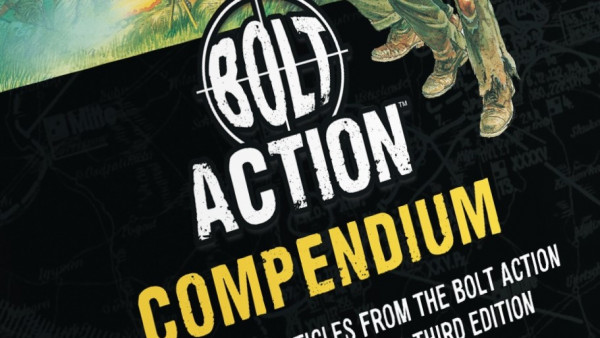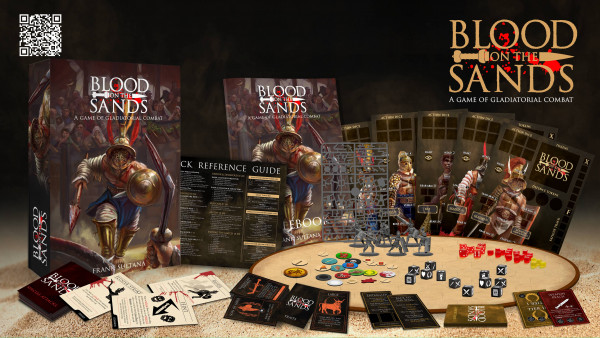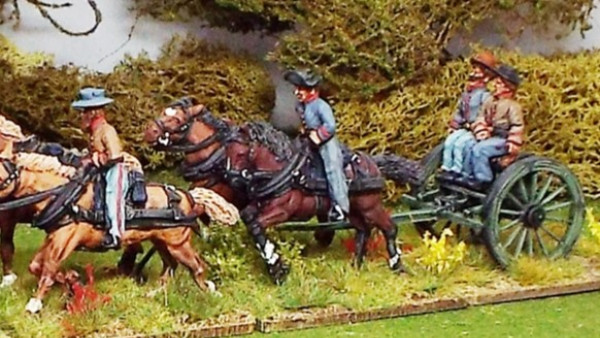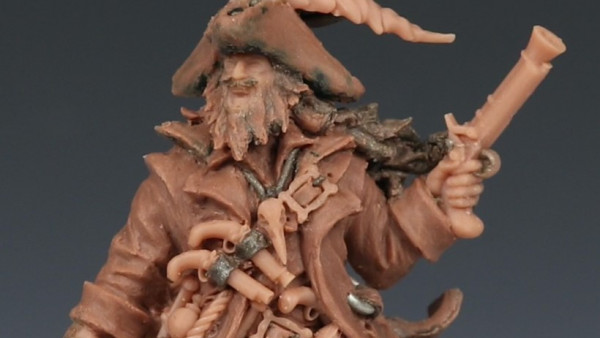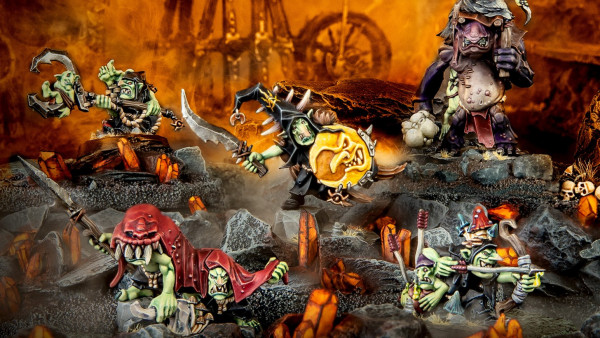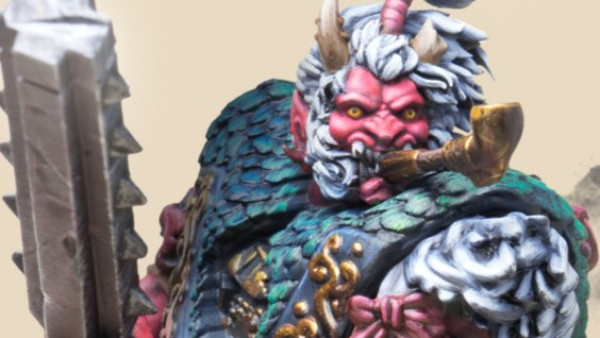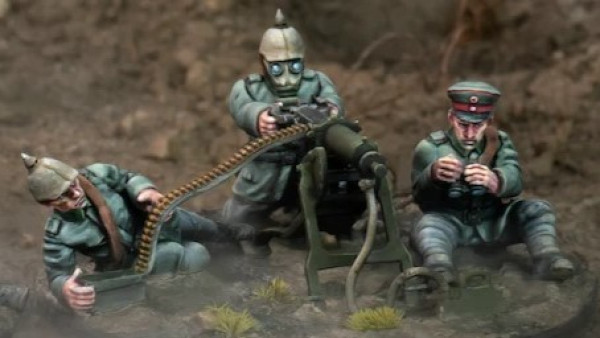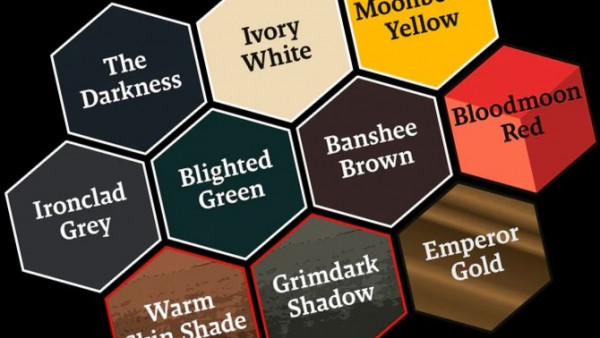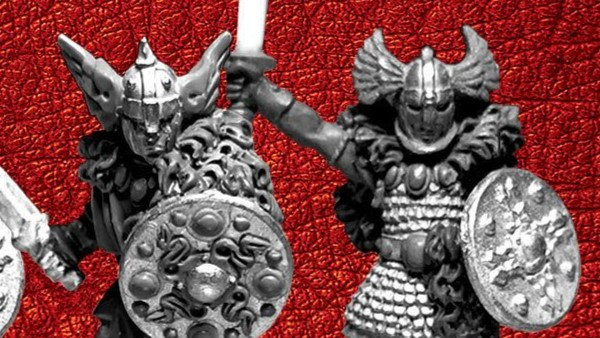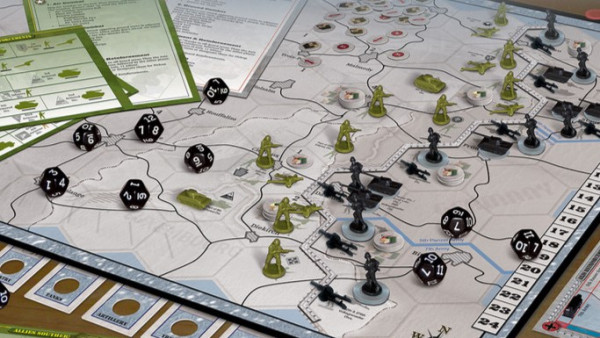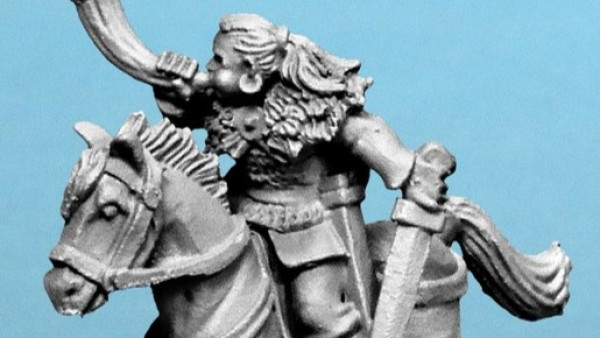Home › Forums › News, Rumours & General Discussion › The King – NETFIX
This topic contains 13 replies, has 12 voices, and was last updated by sirtheo 5 years, 2 months ago.
-
AuthorPosts
-
November 4, 2019 at 1:14 am #1453875
I liked it but as not english with little english history knowledge is is accurate?
November 4, 2019 at 2:10 am #1453877I have the same question. While I remember some for Western History Class I am unsure as to the topic of the series.
November 4, 2019 at 2:41 am #1453878Not bad. Speaking very generally, 6/10 in regards to history, although others will know better than me. In particular I liked the more realistic portrayal or English losses at Agincourt, it gives Henry a big speech but resists the temptation of Shakespeare’s St. Crispin’s Day Speech, portrays Charles VI in a slightly sympathetic light without making too much of his mental issues. It also doesn’t shy away from Henry’s execution of all the prisoners after the battle. I was also happy to see his marriage to Catherine not portrayed as instant bliss, as again, we see in Shakespeare.
The part I’m least sure of is the portrayal of Henry IV, Thomas, and the death of Hotspur. Hotspur was killed at the Battle of Shrewsbury in 1403, so the date lines up with what we see in the film, but the movie takes BIG liberty with how he’s killed.
The biggest “WHAT?” in the movie I thought was the (sigh) inclusion of the Dauphin at the Battle of Agincourt. Wasn’t there. Died shortly after of disease, but remained with Charles VI. Given all the other things this movie corrected from Shakespeare’s history, I was hoping they’d fix this one too.
The initial siege and fall or Harfleur is handled a little less dramatically than in the play, but I think far more realistically. It took up time and delayed the English advance from the coast, which I turn led to problems of food and disease and thus caused INDIRECT casualties to Henry V’s army, but (and I’m no expert here) I don’t think it was the bloody breach-assault meatgrinder we see in the play.
But then we wouldn’t have gotten that great line:
“Once more into the breach, my friends! Once more! Or else brick up that wall with our English dead!”
November 4, 2019 at 3:47 am #1453879The Armour is basically all wrong.
Gascoigne also gets a very bad wrap for a guy who wasn’t that bad, as far as I know we have no evidence he was murdered (he was in his very late 60’s at the time of death) and he didn’t need to lie about French aggression because that’s not why the war kicked off again.
Also yeah why is the Dauphin there? Why just magically heal and teleport a very famous historical figure? He obviously isn’t important to the plot since the movie ends the same way the battle did.
November 4, 2019 at 6:43 am #1453881November 4, 2019 at 9:09 am #1453903It was a lot of muddy fun and I think it was a damn good film even with the historical inaccuracies. Agincourt played out differently in actuality but I think it made for a good spectacle. Hopefully will have had folks looking to go off and do some more reading about it.
I do love seeing Agincourt…
“The flower of French nobility plucked from the field by commoners”
November 4, 2019 at 4:11 pm #1454055On my list, haven’t gotten to it yet but…
I feel like everything “gets the armour wrong”. Either due to cost or time or comfort of actors who haven’t spent whoever long squiring and training to work well in armour/even if they could, would they sign up to the project?
I’m not saying you couldn’t but I can see that the teevee people don’t really have the incentive to put the extra 90% work for the 10% extra gain (to abuse a well intentioned metaphor).
One days, who knows but not today.
November 4, 2019 at 5:05 pm #1454057November 4, 2019 at 5:53 pm #1454070@elessar2590 I’m guessing the armour wasn’t very authentic like not having the correct colour or some tiny flaw ? 😉
… LOL
I must admit that even I had a ‘WTF’ moment regarding the armour in one of the clips shown in that rant.I get the sense that it was like seeing a modern soldier uniform in a WW2 movie, so *eh* yeah I think I get his need to swear.
That does suck for a movie featuring a battle and period that has so much research material available to anyone willing to dig in.I wouldn’t be surprised if they had run out of money/resources during production and had to *eh* improvise.
November 4, 2019 at 8:16 pm #1454098I was surprised at some of the differences between the history of Henry V and The King but honestly don’t mind them as much. I enjoyed it for the entertainment and making me way more interested in the period around the battle of Agincourt rather than just the battle itself.
November 4, 2019 at 9:03 pm #1454137Degree in Medieval History finally of use! <cracks knuckles>
As a piece of entertainment it’s not bad but there are SO many inaccuracies.
– Henry as a drunken, wayward youth? It’s how he appears in Shakespeare to make him sound more of a man-of-the-people but in truth he was an Oxford educated aristocrat who from an early age knew the importance of service. He fought in Wales, he spent time in Ireland. He knew how rough the world was and how tough you needed to be to succeed.
– Falstaff – we all know him to be an amalgam of several real people but was for the most part a plot device of Shakespeare’s. There was a real bloke and veteran of war Sir John Fastolf and a rebellious Lollard named John Oldcastle (a proto-Protestant reformer so to speak) who MAY have had a connection to the young Henry but that is a very highly debated.
– Hotspur. Henry spent a lot of time in Wales putting down rebellions against his father, and while it’s likely they butted heads, the relationship was nothing as depicted. Henry LED the army against Hotspur, and while it’s unlikely he killed him with his own blade (artistic license again) he did take an arrow to the face that nearly killed him. Left him permanently scarred at any rate but served as a permanent reminder to his men that Henry was not above getting stuck in himself. The core of companions he made in his early days in Wales followed him throughout his career, one of the more famous (or infamous) being Davy Gam who was quite a ruthless Welshman who loyally followed Henry all the way to his death at Agincourt.
– Unwillingness/unfitness to rule – total horse shit. When his father took ill, Henry ran the government for the best part of 18 months with his uncles. When the King recovered he had him kicked off the council, partly out of anger as to how policy had so drastically shifted in favour towards war with France (making Henry, not his father the aggressive expansionist) but also because the young Henry was now a viable alternative. Young, dynamic, enthusiastic, intelligent and willing to put himself in harms way? In a world of manly men doing manly man things he was the real deal. He was a threat.
– Presentation of King Charles – not to disrespect anyone here who’s French, but this bloke was absolutely crackers. Rare moments of lucidity but on the whole a fair few slices short of a loaf. Lot of speculation that he may have suffered from Porphyria, which is actually the same illness that King George had (he was after all a descendent).
– Siege of Harfleur – far more vicious than depicted. Was also the scene of the mass deployment of gunpowder weaponry (something I would have loved to have seen), the English used large numbers of bombards supported by more traditional siege engines and works. The fight was brutal and bitter, siege trenches, mud – the French had managed to block a bridge and flood much of the ground in front of the city, took ages to shift the defenders and dismantle the dam and drain the floods away. Constant trench raids, slopping about in the mud led to disease (particularly dysentery). The town fell but took such a large part of the army with it, Henry was left with few choices but to cut the campaign short. Harfleur was of enormous strategic importance mind you, it would act as a lynchpin to any campaign against Paris itself. Normandy had to fall if the King was to march on Paris, and England desperately needed a reliable foothold. It’s why they kicked all the occupants out and recolonised it with English. As his rightful subjects however, Henry did give the townsfolk safe passage and money provided they buggered off elsewhere.
– Why Agincourt? Something you learn about the many wars between England and France is the importance of the chevauchée. Medieval warfare mostly consisted of sieges, you didn’t really see all that many massive pitched battles as they were often too risky. Piecemeal gains taken by local forces (supported by detachments of mercenaries or crown troops) were often times more sustainable. Taking a castle or town required time and resources, but if you didn’t have that, the next best thing was to bottle up your opponent behind their walls then burn and raid as far as you could to undermine their rule. Feudal society was built on strength as much as it was built on right, if you couldn’t defend your peasants then why should they fight for you? Why should the King continue to suffer having you as one of his nobles if you can;’t even defend your own lands? The Agincourt campaign was meant to be a show of strength, look here – Charles can’t defend you, I’m too powerful. Why fight for him when he won’t fight for you? Came as a shock however when the French moved much faster than expected. You have to remember that feudal armies of the time had an elite core of knights but by and large, the bulk of the army would be the peasantry. The peasants would have to be rounded up, armed, then force-marched to the field making movement slow. Agincourt was different, being able to leave the peasants behind the knights moved much faster. They had however lost invaluable arrow fodder for the fight to come.
-Weapons and armour, enough said about that so I won’t bother.
– Death of Thomas occurred towards the end of Henry’s reign, not circa 1403 as depicted in the film . Tow brothers got on, Thomas was left in command of the English army in France after Henry went home for a bit after his marriage to the Princess Catherine. Thomas actually died leading a cavalry charge against a Franco-Scottish force in Maine (lots of Scots mercenaries fought for the French). Rather than wait for his archers, he saw that the enemy was unprepared so launched a do-or-die cavalry charge. Sadly, it failed – but it goes to show he was as headstrong and as fierce as his brother…
Not a bad film, like I say, but if you’re thinking of using this as an educational piece then oh my god no. Much better off watching this:
November 4, 2019 at 9:05 pm #1454138November 4, 2019 at 11:00 pm #1454172Yeah bit of a mixed bag and by and large everything that needed saying has been said. The mud featured (a lot) which is good, the archers fired like two volleys and there where no stakes to be seen which is sad. I had high hopes so ended up slightly disappointed which was expected so I wasn’t really.. ?
November 5, 2019 at 1:52 pm #1454316In the main, not at all accurate (and the reasons have already been covered).
It seems odd that it was sold as an accurate look at the history (as far as I recall) but they seemed to use the Shakespeare play as their primary resource. A bit of a shame as the real history is every bit as fascinating.
Just a few points I noticed:
*Hotspur wasn’t a young man at the time of his revolt. In fact he was Older than Henry IV.
*The Battle of Shrewsbury did happen, unlike in the film, and Hotspur was probably not killed in hand to hand combat with Prince Hal, but rather by the mass archery or on in the general melee. Henry IV commanded the royalist forces and Henry, Prince of Wales was injured by an arrow during the fighting.
*The real Henry V was incredibly devout, they sort of touched upon this but maintained the dissolute youth thing from the play.
*The Agincourt on screen was dissapointing and they didn’t really give the Longbow much focus, which is surely the most famous aspect of the battle?
Overall I preferred Outlaw King as far as Netflix medieval dramas go. But… It was fairly enjoyable for what it was!
-
AuthorPosts
You must be logged in to reply to this topic.





























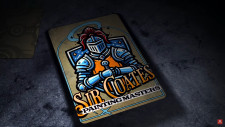

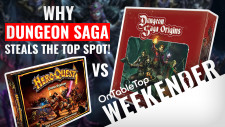
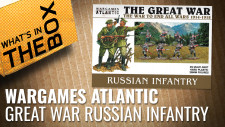


![TerrainFest 2024! Build Terrain With OnTableTop & Win A £300 Prize [Extended!]](https://images.beastsofwar.com/2024/10/TerrainFEST-2024-Social-Media-Post-Square-225-127.jpg)
